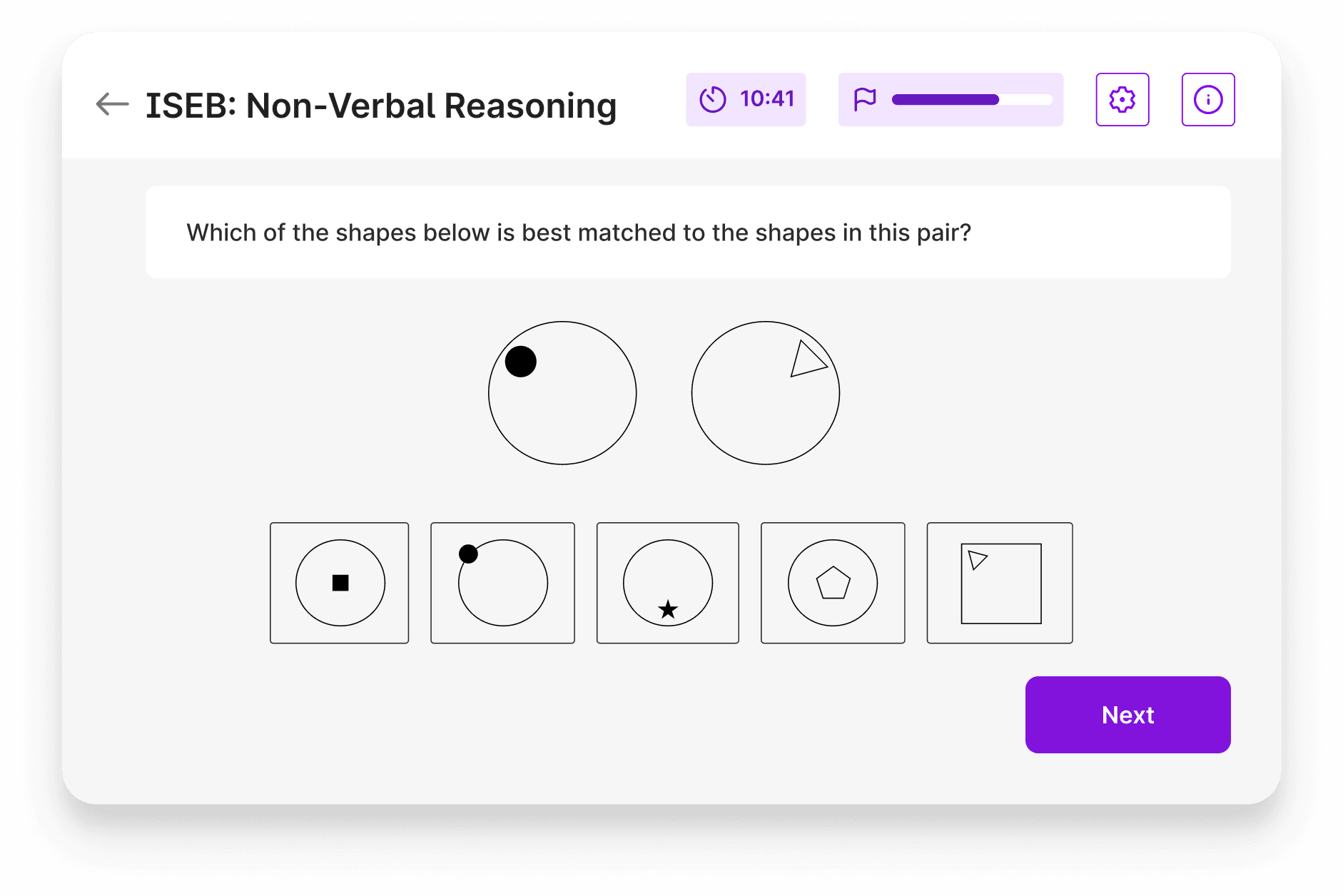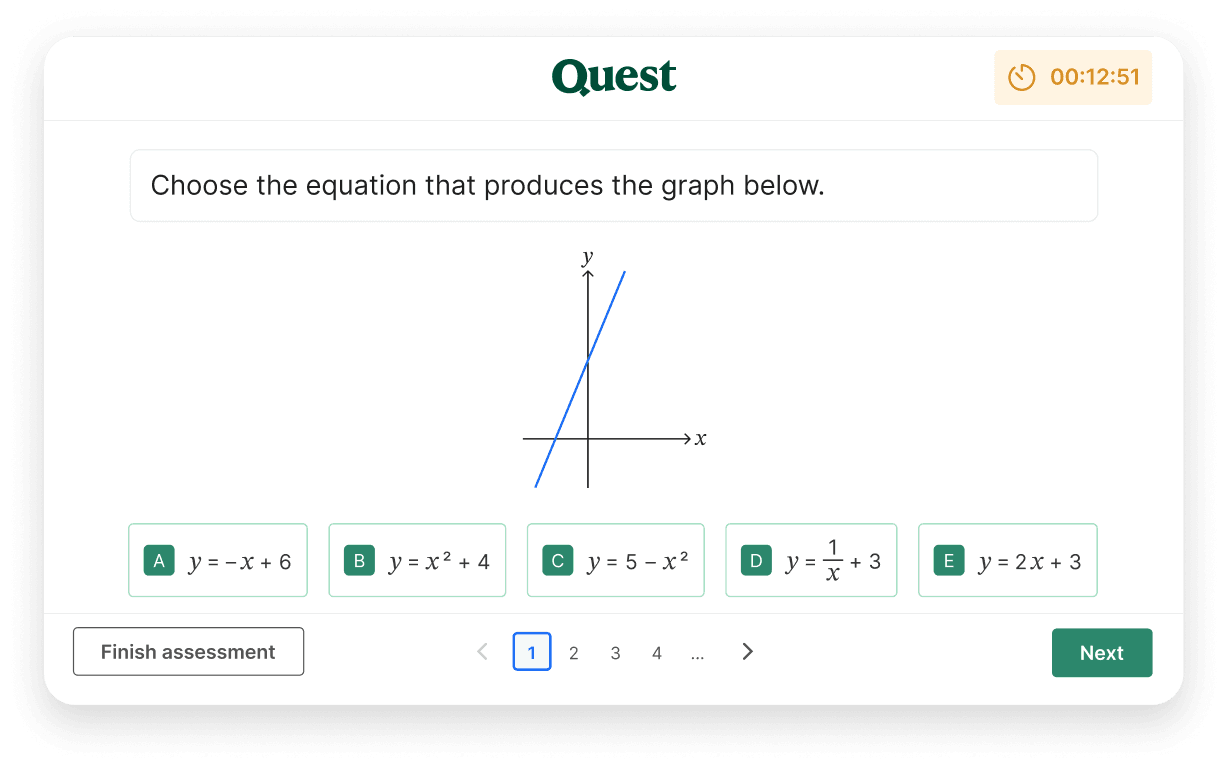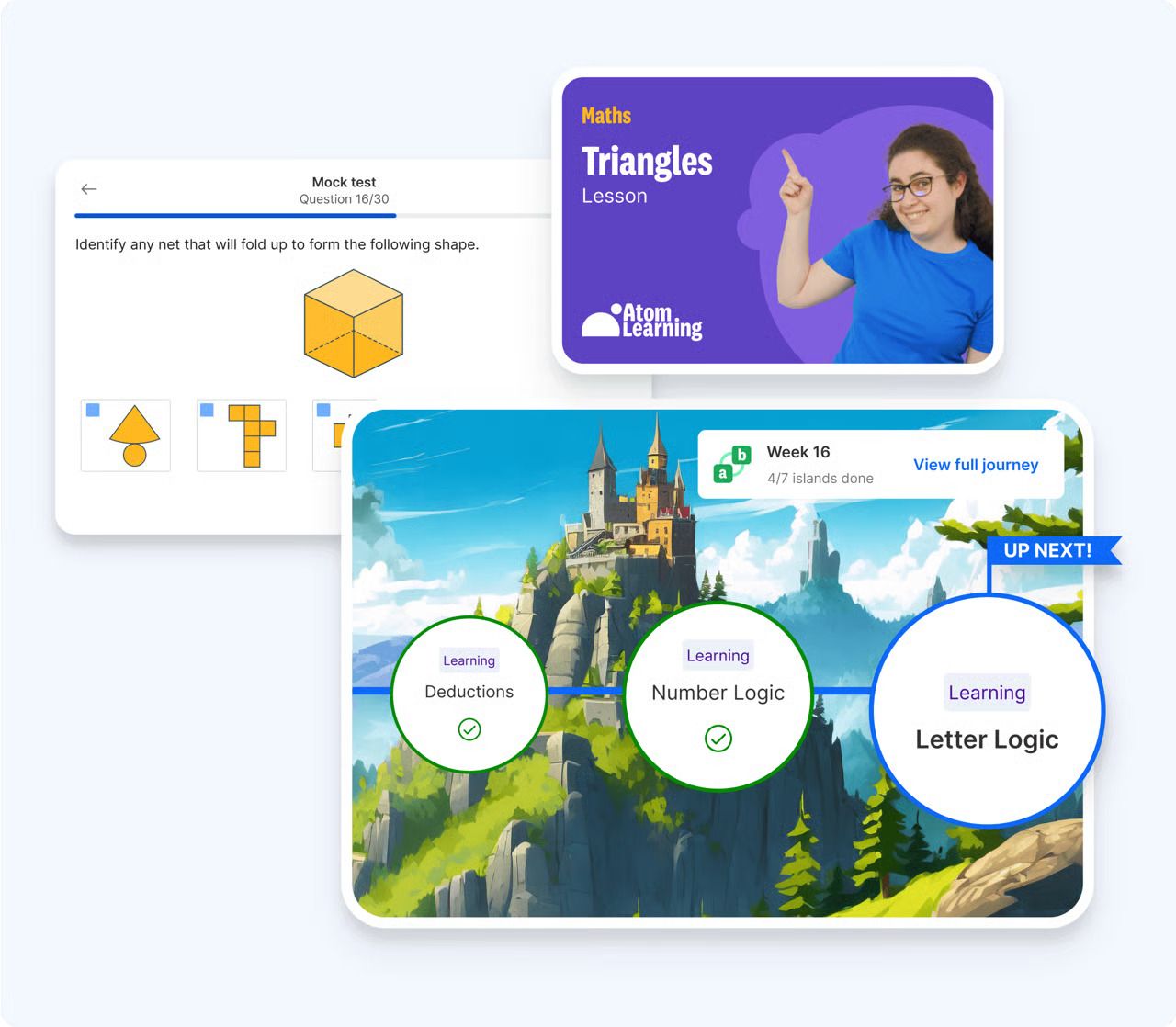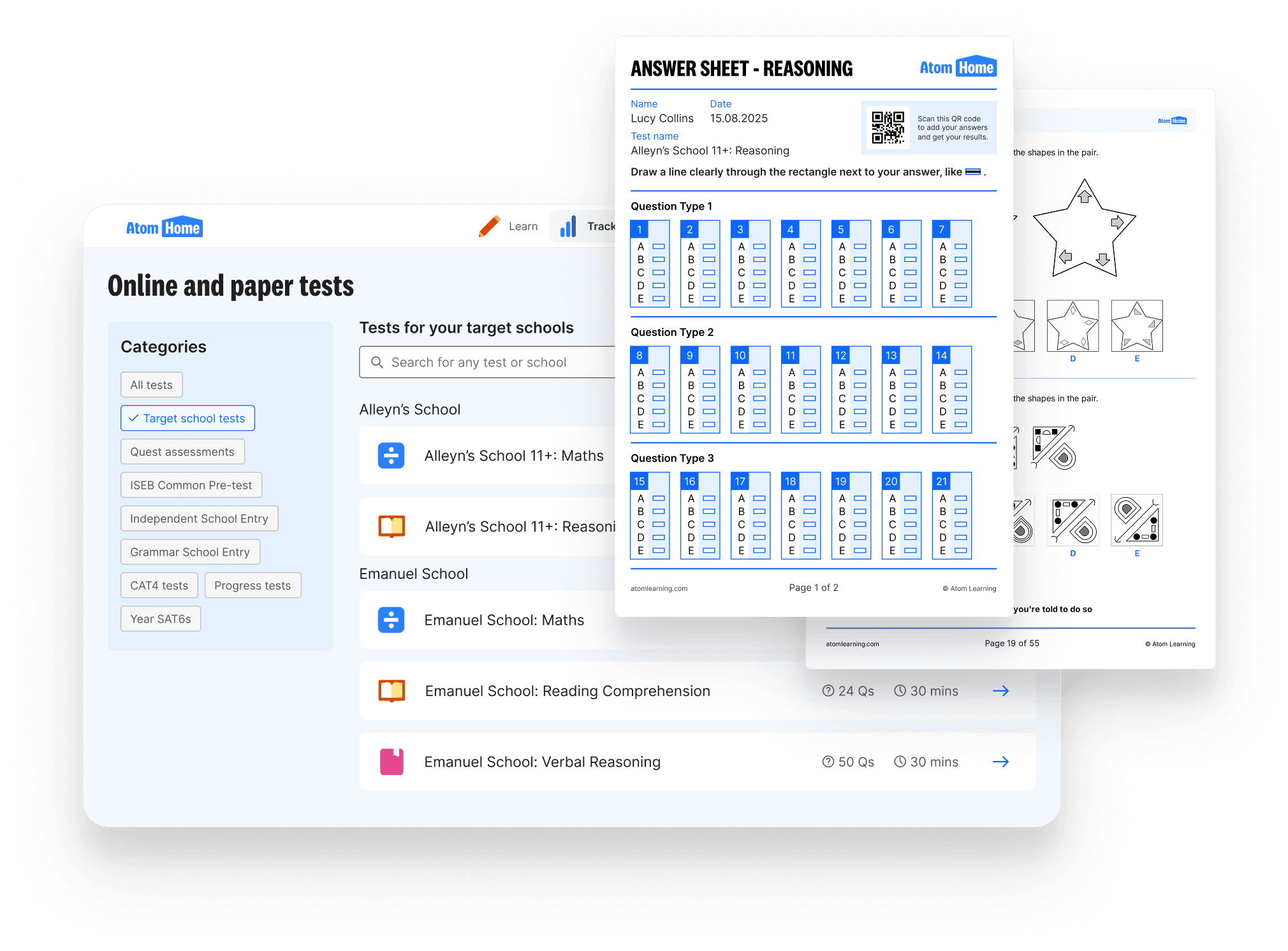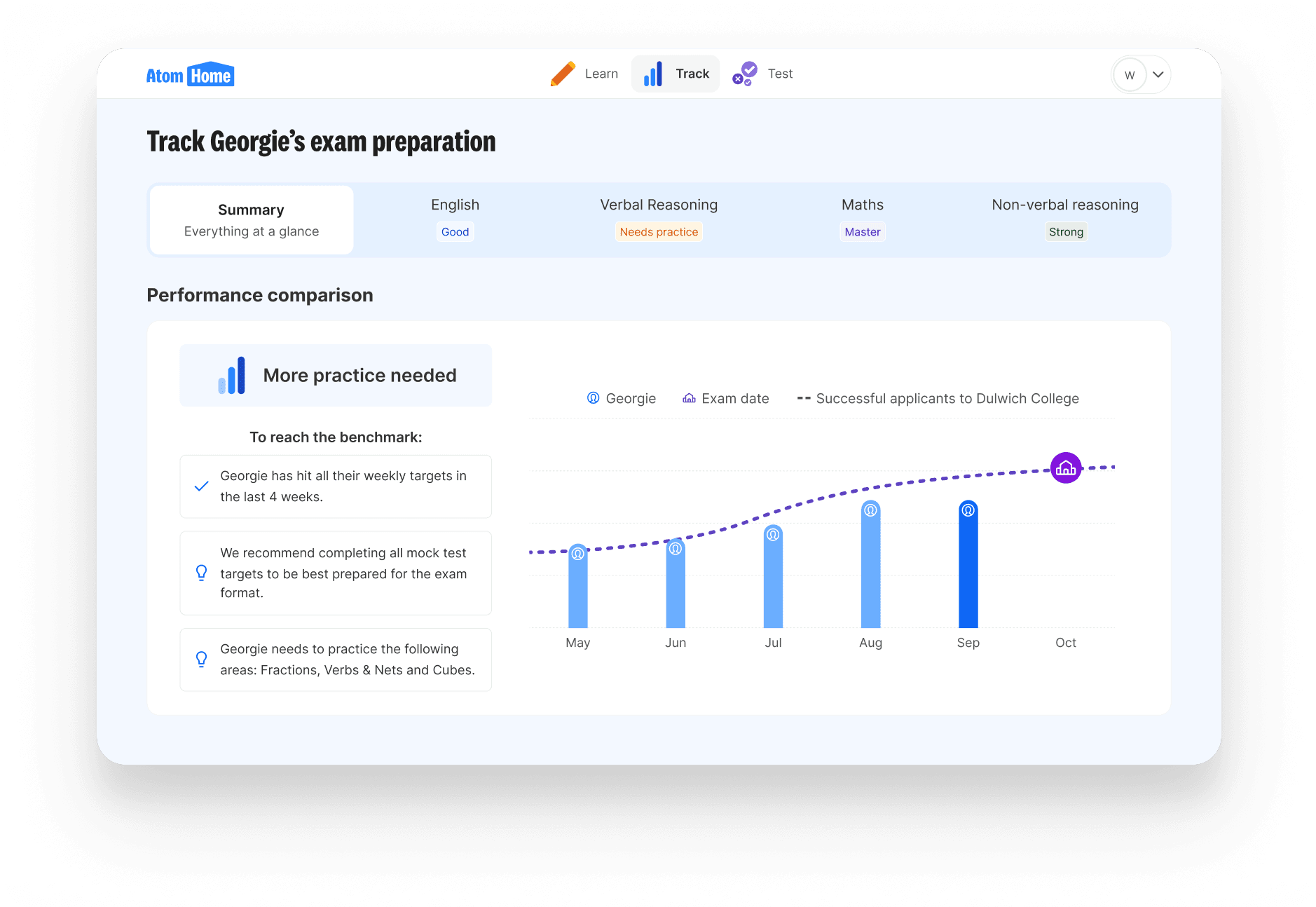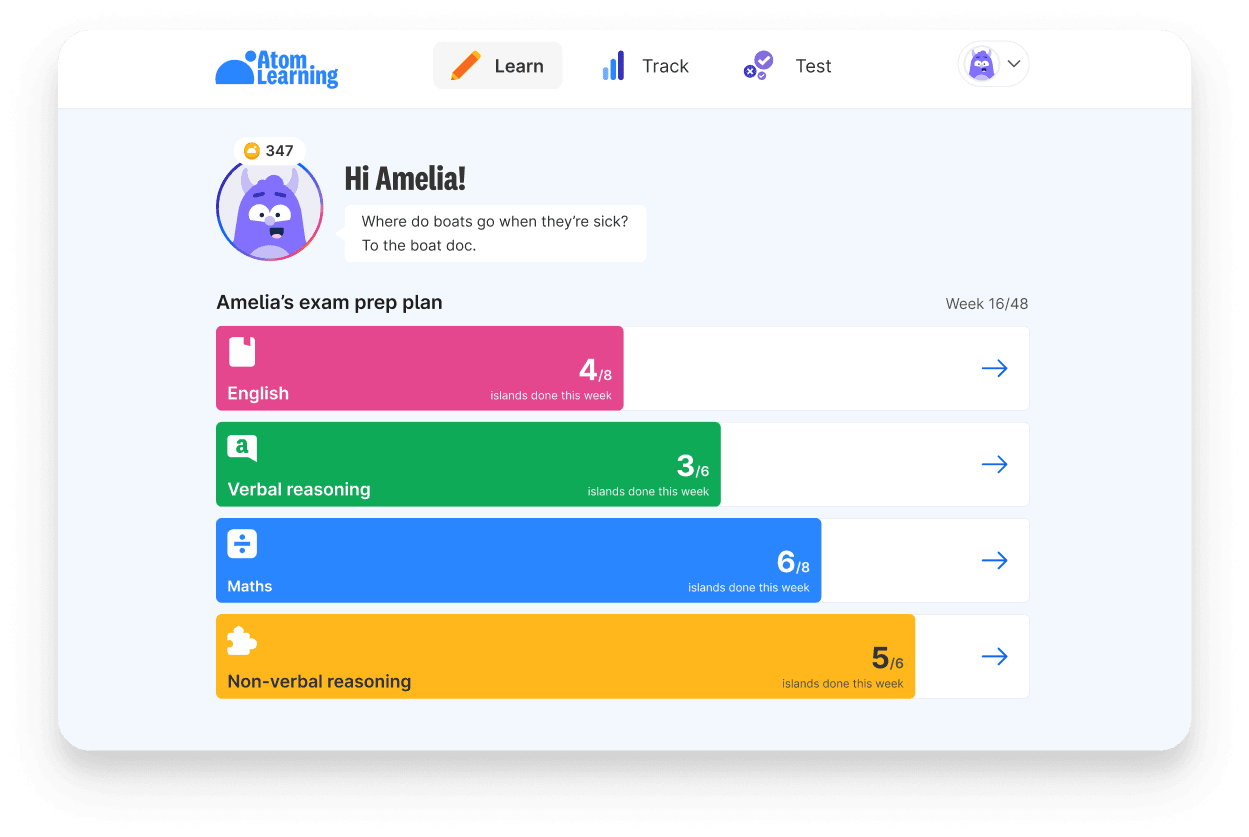Contents
Considering Harrow School for your child? We’ve collated everything you need to know about 13+ entry. Learn how to apply, what’s on the entrance exam, and how to help your child prepare for success.
Key information for Harrow School
Address: Harrow School, 5 High Street, Harrow-on-the-Hill, Middlesex HA1 3HP
Age range and gender: boys aged 13–18
Type of school: independent boarding
Number of students: 850+
Admissions contact: [email protected]
13+ selection criteria: ISEB Common Pre-Test, Quest Admissions assessment, group activity, interview and reference
About Harrow School
Harrow School is one the UK’s most prestigious and renowned independent schools. Located in north west London, it's one of the UK’s few all-boys boarding schools for ages 13–18. It was founded in 1572 under a Royal Charter granted by Elizabeth I and quickly established a national reputation. The school now attracts pupils from all over the world.
Harrow's long history and rich traditions are integral to its identity. Harrovians (as students are known) are encouraged to uphold the school's legacy while making their own contributions. The school's famous alumni include statesmen, businessmen and artists. At Harrow, a diverse school population ‘come together on an equal footing, to be judged by their contribution alone’ — whether by their academic prowess, artistic merit or sporting ability. The Old Harrovians network provides opportunities for alumni to stay connected after school.
Harrow School occupies 324 acres made up of six conservation areas, a park, a golf course and a working farm. The school ‘has the quality of a village’ yet is 20 minutes to the centre of London by train. Its history is complemented by advanced facilities catering to disciplines such as music, science and sport. Harrovians regularly go on to the world’s top ten universities, including Oxford and Cambridge.
Dates for your diary
Registration closes: 1st July in Year 5 (standard applicants), 1st May in Year 6 (late applicants)
Reference requested: autumn term of Year 6
Exam 1 - ISEB Common Pre-Test: October / November of Year 6
Exam 2 - The Harrow Test (Quest Admissions): spring term of Year 6
House Master interviews: spring term of Year 6
Offers of places: April / May of Year 6
Harrow School 13+ entrance exam
Stage 1: ISEB Common Pre-Test
Pictured: an ISEB mock test on Atom Home
All children applying for 13+ entry to Harrow School sit the ISEB Common Pre-Test. This is an exam created by the Independent Schools Examination Board which is usually taken in the autumn term of Year 6.
The ISEB Common Pre-Test is taken online and consists of multiple choice questions. It is entirely adaptive, which means the questions become more difficult depending on how your child is performing. The questions span four subjects:
Maths: questions are based on the Year 5 national curriculum – although children in Year 6 may find this section challenging. The questions range from arithmetic to multi-step problem solving.
English: questions are split into two sections: reading comprehension, and spelling, punctuation and grammar.
Verbal reasoning: your child will be tested on their ability to reason and solve problems with written information, such as letters, words, symbols and numbers.
Non-verbal reasoning: these questions assess your child’s logic, critical thinking and problem-solving skills using figures and diagrams. They will need to show that they can analyse and manipulate 2D and 3D figures.
The ISEB Common Pre-Test takes around 2 and a half hours to complete. Your child can sit the four subjects together or at separate times. If they are taking all four subjects on the same day, they will be allowed a short break between each section.
Learn more about the ISEB Common Pre-Test
Stage 2: The Harrow Test (Quest Admissions)
Pictured: a Quest Admissions assessment
Children who are successful in the ISEB Common Pre-Test are shortlisted for the Harrow Test. This takes place in the spring term in Year 6.
The Harrow Test consists of an online assessment provided by Quest Admissions, with questions in English, maths and non-verbal reasoning.
Children also have a 20-minute interview with a housemaster and a 20-minute classroom-based group activity.
Top tips for applying to independent schools
Preparing for independent school entrance exams doesn’t need to feel daunting. With the right support, your child can feel confident and ready for the exam process.
Here are our top tips to do just that:
1. Get familiar with the 11+ exam format
Many independent school entrance exams test four key areas: English, maths, verbal reasoning, and non-verbal reasoning. These aren’t always taught explicitly in school, so it’s important your child gets used to the types of questions they’ll see in the test.
How Atom helps: Atom’s learning platform mirrors independent school exams, with thousands of interactive questions in all four subjects. Content can be tailored to your child’s ability, so they’re always working at the right level.
2. Strengthen core knowledge
A strong grasp of Key Stage 2 English and maths is essential. Make sure your child is confident with grammar, spelling, punctuation, arithmetic and problem-solving before focusing on exam technique.
How Atom helps: Atom covers the entire Key Stage 2 curriculum in English and maths, plus verbal and non-verbal reasoning (which aren't taught on the national curriculum). As your child learns, they’ll earn rewards and progress through fun, engaging learning journeys — all in one platform.
3. Practise speed and accuracy
Your child will need to answer questions accurately and under timed conditions. Regular practice will help them build speed and avoid common mistakes.
How Atom helps: With Atom, your child can access unlimited practice papers and custom mock tests. You'll get instant results and insights into their strengths and areas to improve.
4. Keep a regular routine
Consistent, manageable study sessions work better than last-minute cramming. Aim for short bursts of focused learning, with regular breaks to avoid fatigue and keep motivation high.
How Atom helps: Atom creates a personalised weekly learning schedule based on your child’s progress. This helps them stay on track without feeling overwhelmed.
5. Practise interview technique
Many independent schools hold interviews to provide a better understanding of whether the school is right for your child and vice versa. Practising interview techniques at home will build confidence ahead of the big day.
How Atom helps: Find out more about preparing your child in our ultimate guide to interviews, including question examples and more.
6. Track progress over time
Knowing how your child is progressing can give you peace of mind — and help you target revision more effectively. It’s also a great way to celebrate the effort they’re putting in.
How Atom helps: You’ll get access to a real-time parent dashboard, where you can see how your child is performing across all subjects. No need to guess what’s going well or what needs more attention.
7. Get the right support
You don’t need to rely on expensive tutors to prepare for independent school exams. With the right tools, your child can prepare effectively and independently — while building long-term skills and confidence.
How Atom helps: Atom combines high-quality learning resources with smart technology to deliver a tutor-quality experience at home. And if you ever need help, our Education Support team is here to guide you.
Tailored learning and mock tests for senior school exams
Preparing for school entrance exams can feel daunting — knowing what to cover, keeping your child motivated, and making sure you’re on the right track. With Atom Home, you’ll have everything you need to guide your child with confidence. No tutor required.
Get a personalised exam plan each week – tailored to all your child's exams – so they every topic in manageable steps
Take unlimited mock tests (including ISEB and Quest Admissions) that replicate the real exam, building confidence under timed conditions
Track their performance with SAS scores and comparisons against other children applying to the same schools
Everything you need for exam success
Join 100,000+ families who trust Atom to help their children excel in Key Stage 2 and entrance exams. Endorsed by schools, loved by parents.
Contents

